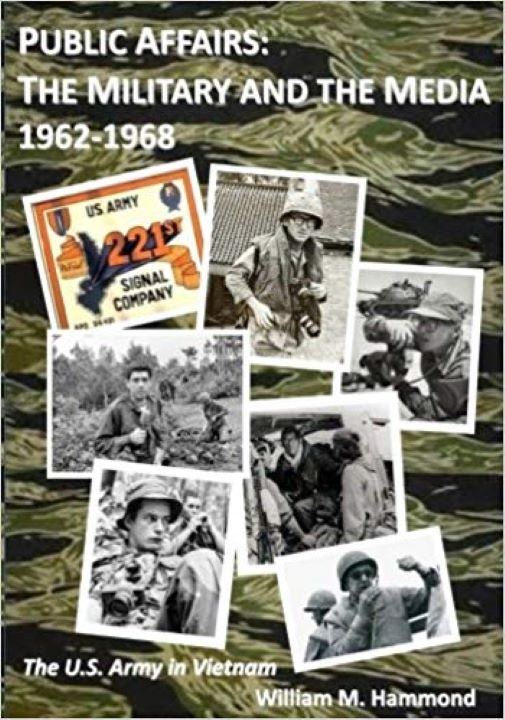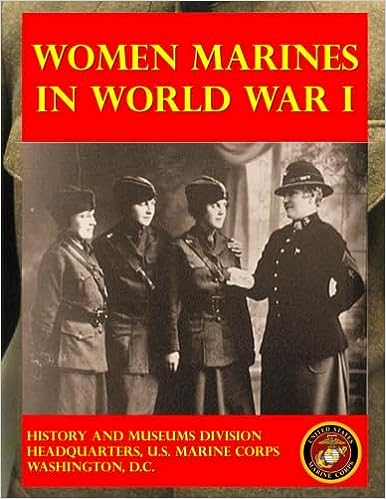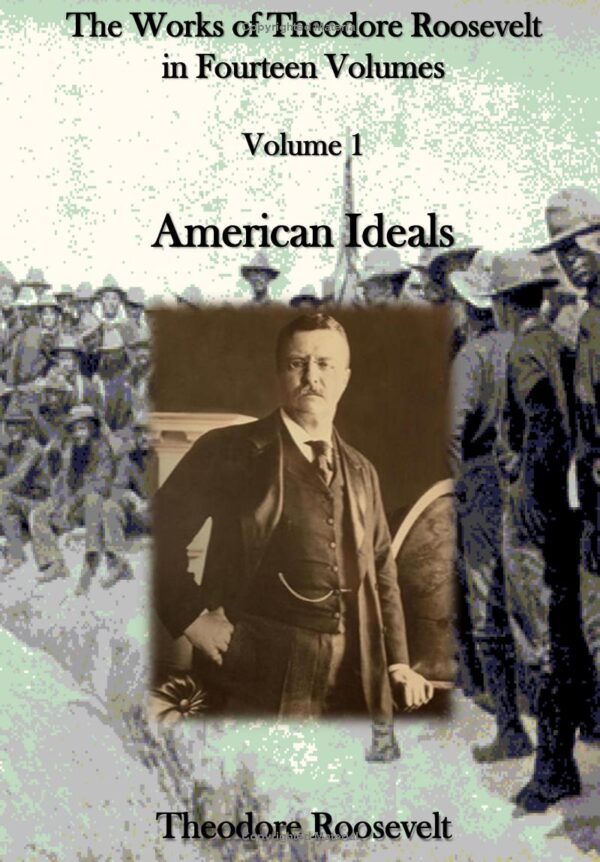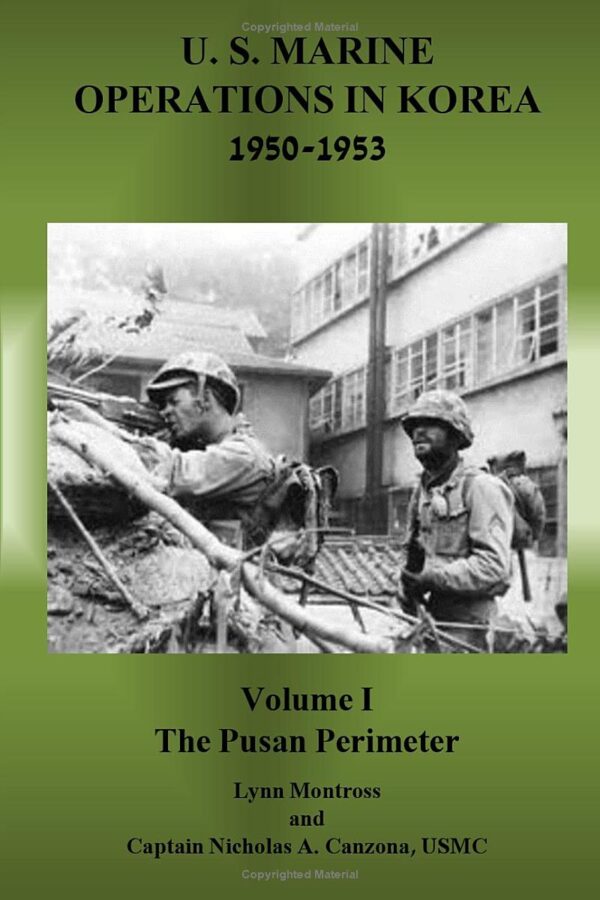Public Affairs: The Military and the Media, 1962-1968 (United States Army in Vietnam)
The Vietnam War was the first in modern history fought without the filtering that Army field press censorship had provided during World Wars I and II and the Korean War. As a result, the American news media assumed an unprecedented role in describing and defining the nature of the conflict for the American public and the Congress. Official preoccupation with the public reaction to news, both good and bad, in turn became an important influence on the policies governing what Army commanders could and could not do in the field. This book examines the tensions and controversies that developed as the war lengthened and the news media went about their traditional tasks. The first of two volumes on the subject, it draws upon previously unavailable Army and Defense Department records to interpret the role the press played during the war. It also sheds new light on official policies designed to govern relations between the military and the media in Vietnam. As the war in South Vietnam developed, a belief grew in official circles that the attitude of the American public would play a major part in determining whether the United States would achieve its goals in that conflict. Reasoning that the news media had a profound influence on public opinion, civilian officials assumed a larger role than ever before in the formulation of military policies to manage the press at the scene of the fighting. In the process they affected not only the handling of the news media in Vietnam but in some measure also the conduct of the war. The story has been difficult to write. Many of the pertinent documents were lost in the chaos that accompanied the fall of Saigon; others have disappeared with the passage of time. The author has nevertheless managed to reconstruct much of what happened, to the benefit of future generations of American soldiers and newsmen who regrettably may again find themselves involved in battle.
430 pages





